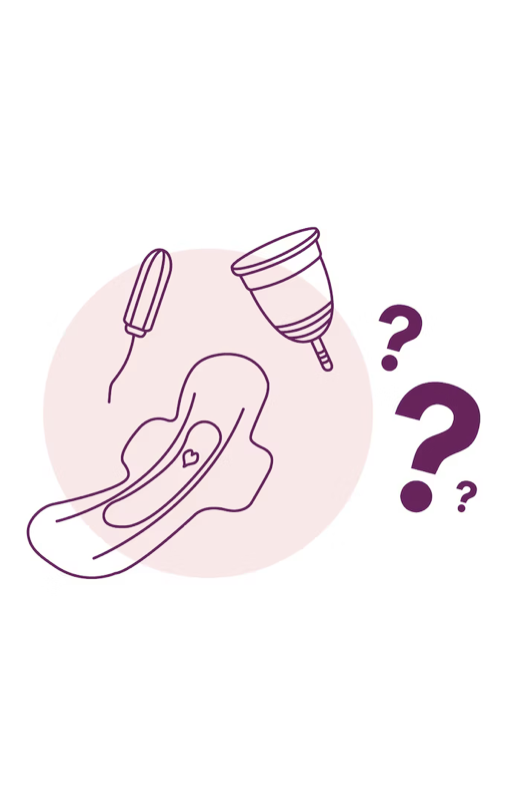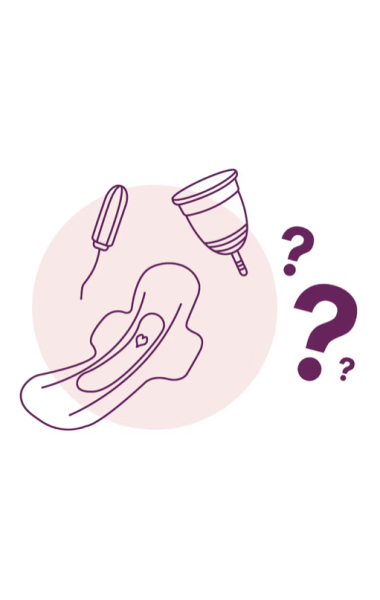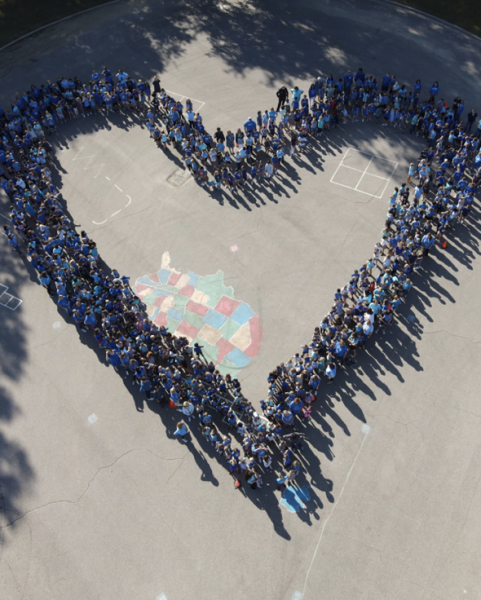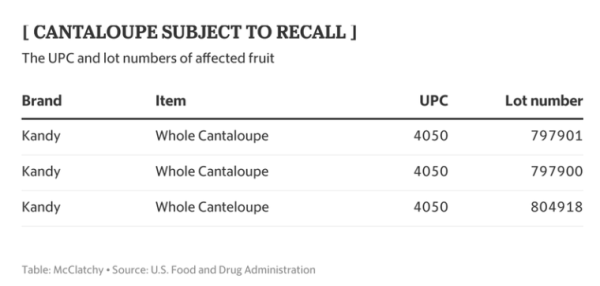NEDA Week 2023
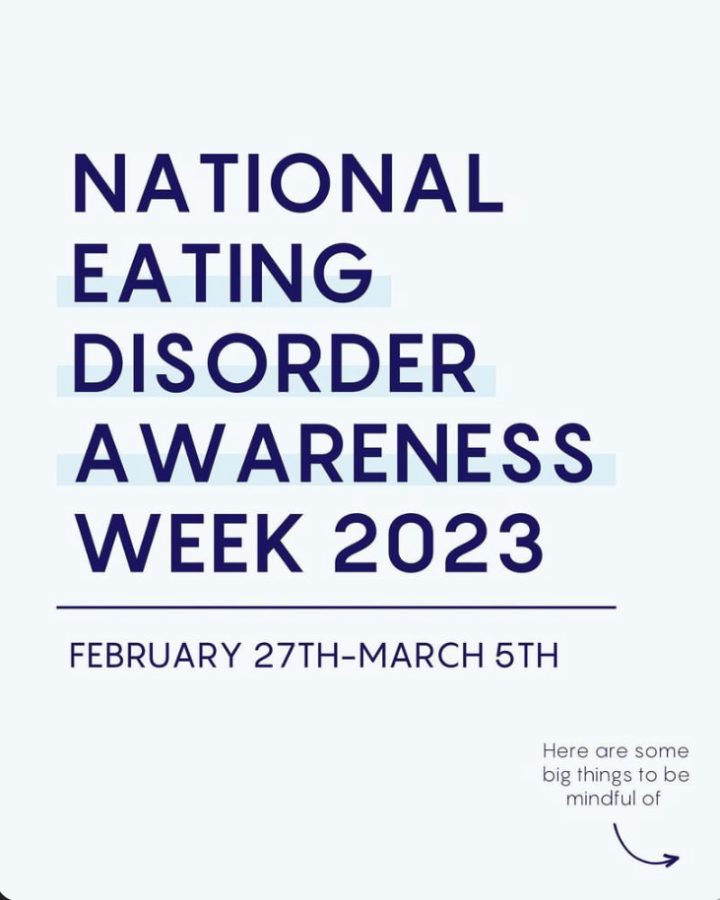
What is the purpose of National Eating Disorder Awareness Week? The ultimate goal of this week is to provide insight on eating disorders and spread hope to those families out there with a member in recovery. Eating disorder recovery isn’t linear and the best people can do is to offer their support to those struggling. The National Eating Disorder Association spends this week in February focusing on people’s experiences with an eating disorder while also educating people on the complexity of them.
No one’s experience with an eating disorder is the same, hence why it’s imperative that we as a society spread awareness on the dangers and causes of them.
What to do to offer support:
If you find yourself confused about how to support a family member or friend who is in recovery, then here are a few ways that you can help.
Reassure them that they are not alone: This is such a crucial thing to do. Most of the time people struggling feel isolated or like they aren’t “normal” so remind them that you are right by their side. You don’t necessarily have to be right in their face about it. Even a simple text message asking how they are doing could be extremely helpful.
Educate yourself on treatment options and the disorder itself: Being educated on their condition is crucial. Most of the time you may feel frustrated and find yourself telling them, “Just eat.” However, that is one of the most inconsiderate things you could say to a person battling an eating disorder. Eating disorders are complex and offering them the help they need can lead them a step closer to recovery. Try talking with them about different treatment options and come to a final decision with them. Though this won’t be easy for you or them, just remind them that it will be worth it in the end.
Be emotionally available: What I mean by this is to just be patient with them. Recovery could take as long as 10+ years or as fast as a few months. As mentioned before, this process takes time and support from others. No one heals at the same pace, so listening to them is one of the best things you can do. You will deal with them breaking down over food, being sneaky with food, and much more. This is why you just need to be patient. If you get angry and yell at them, you’re only going to cause them to spiral and fall back into their old habits.
Watch what you say to them: You may not realize it, but your words are extremely powerful. Learn to be mindful of how these words may affect a person struggling. Make sure to avoid any comments referring to their body, such as “You eat so much, how do you stay so thin?” “Go on a diet.” “You want attention.” “You’re eating that? Do you know how many calories are in that?” Comments like these can be really triggering to that person, even if that’s not your intention. Instead of lashing out on them, try to give them words of encouragement. Even if they only finished half of their meal, realize that it’s progress.
Eat with them: If you find a friend or family member that’s struggling to finish a meal or even rushes off after it, offer to stay with them. You could make them something, (if they are willing) and watch a movie after finishing the meal. Being able to eat with someone and then have a distraction after the meal could help them in many ways possible. This won’t be easy though. You’ll deal with tears, frustration, them feeling guilty, but at the end of the day it’s one step closer to recovery!
Eating disorders are no joke, so this is why it’s important to have compassion and patience. Remember that you can’t tell just based on appearance if someone is struggling with an eating disorder, hence why it’s imperative that you take the time to educate yourself on what they are. If you or a loved one is struggling with an eating disorder, message or call 1- 800- 931-2237 for support.





